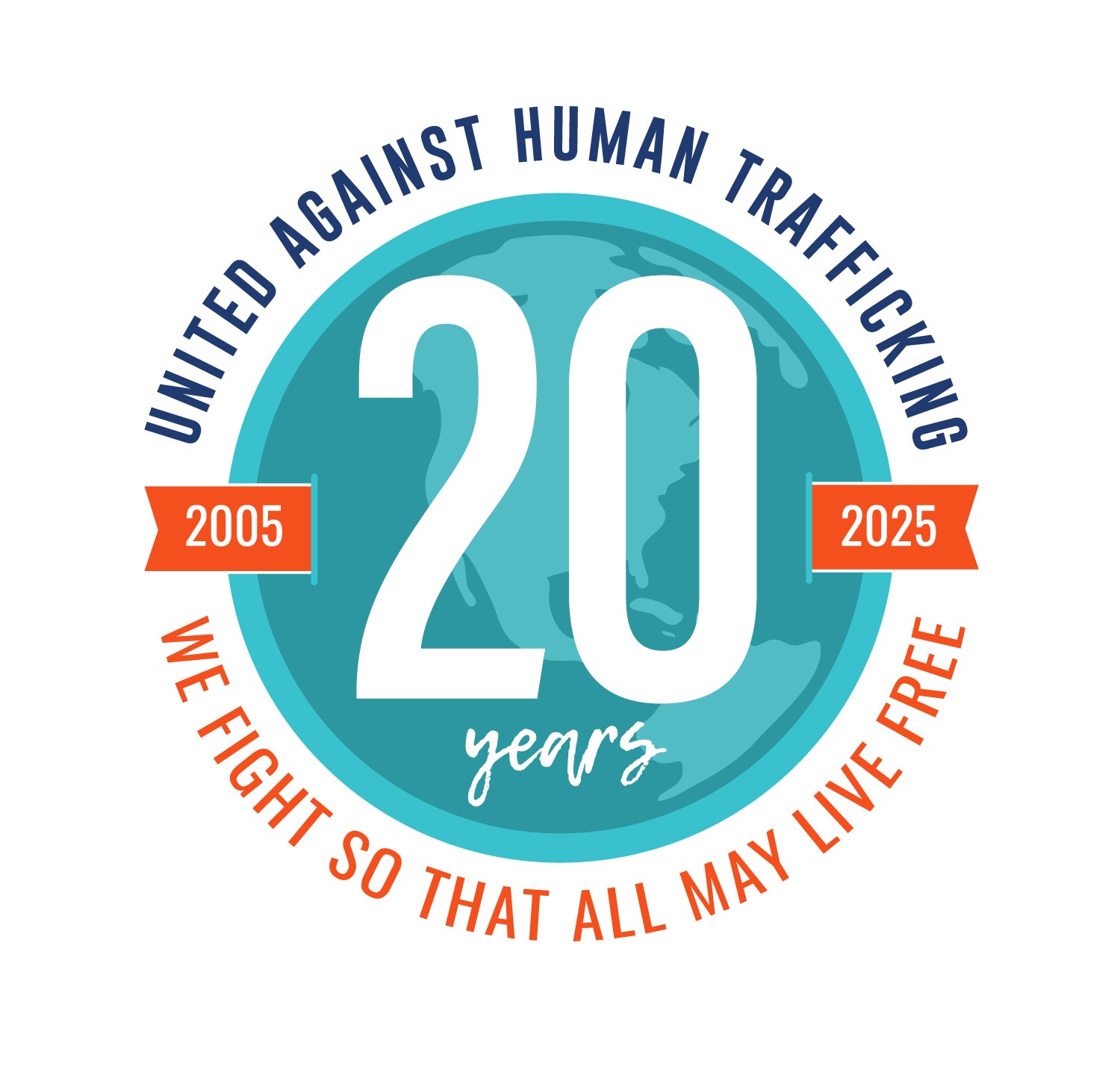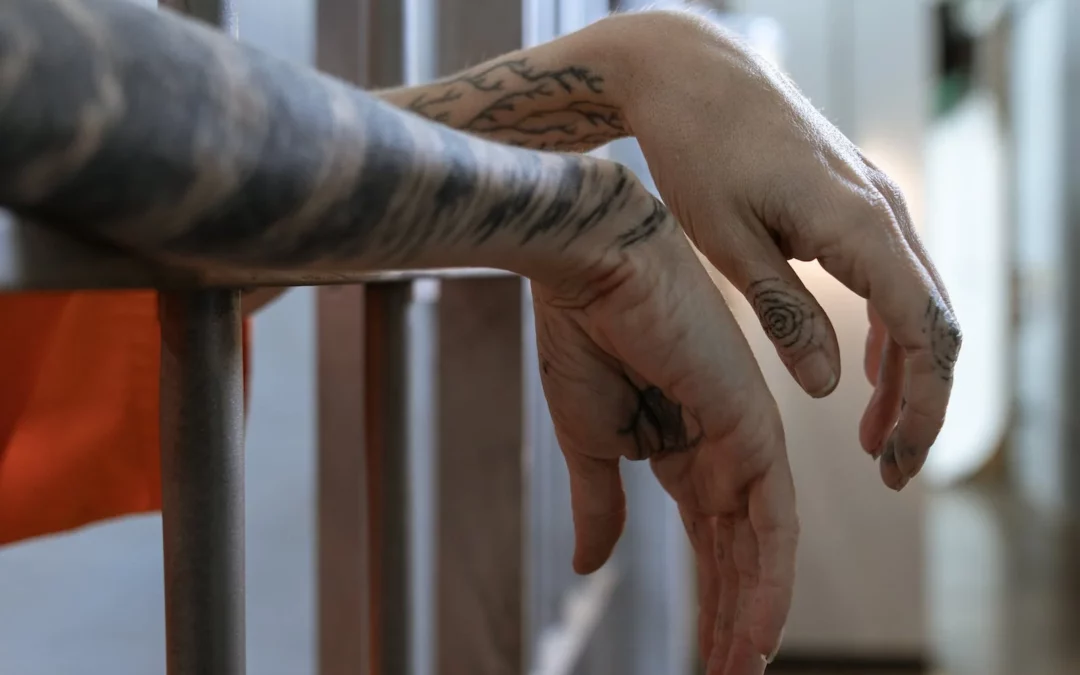Absolutely, let’s delve into why individuals in jail are particularly vulnerable to the risk of human trafficking.
Incarcerated individuals are often amongst the most vulnerable and marginalized members of our society. They face a myriad of challenges and barriers that make them easy targets for human traffickers.
Firstly, a large proportion of individuals in jail come from socioeconomically disadvantaged backgrounds. They may have limited access to resources, employment, or social support systems. Upon release, these individuals often struggle to secure stable housing and gainful employment due to their criminal record. This desperation and lack of resources can make them prime targets for traffickers who exploit their vulnerabilities by offering false promises of employment, housing, or financial security.
Secondly, the stigma of incarceration can lead to social isolation and marginalization. This sense of isolation can drive individuals towards individuals or groups who appear to offer acceptance and a sense of belonging, even if those groups engage in exploitative practices. Traffickers often prey on this human need for connection and acceptance, using it as a tool to manipulate and control their victims.
Thirdly, many incarcerated individuals have experienced a history of trauma, including physical or sexual abuse, drug addiction, or mental health issues. Such experiences can lead to heightened vulnerability and susceptibility to further victimization, including trafficking. Traffickers can exploit these traumas, using them as a means to control and manipulate their victims.
UAHT’s Real Talk program seeks to address these issues by providing incarcerated individuals with the information, resources, and support they need to protect themselves from trafficking. By fostering open conversations about the realities of trafficking and equipping participants with practical tools and resources, Real Talk aims to empower incarcerated individuals, reducing their vulnerability to exploitation and trafficking.
“I remember visiting the jails week after week, often in tears (even now as I recall those moments). My coworker asked me why I was crying, and I told them it was because one woman in the jail called me her ‘light.’ She said I was her light because I kept coming back. ‘No one comes back to the jails,’ she told me.”
Through the support of generous donors like you, UAHT can continue its mission of bringing hope and light to those most at risk of human trafficking. By supporting UAHT, you’re not just donating money—you’re investing in a future where fewer individuals face the risk of being trafficked.
Become a monthly donor and champion these moments of change and empowerment!

